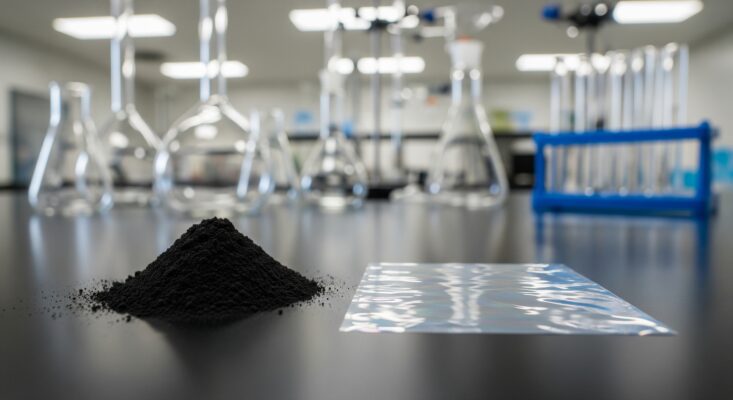Tokai Carbon’s Earnings Dip: A Warning Sign for a Global Carbon Black Shortage?
The recent announcement from Tokai Carbon, a major Japanese chemical company, of declining first-half 2025 results for its carbon black business is more than just a financial headline. Citing “continued production adjustments by customers,” the news serves as a potential indicator of the fragility of the global carbon black supply chain—a critical component for the entire tire industry.
Tokai Carbon’s H1 Results Reflect Industry Pressures
For the first six months of 2025, Tokai Carbon reported a 20% year-on-year decline in earnings (EBITDA) for its carbon black division. The company attributed this downturn to lower sales volumes driven by production adjustments from its customers, coupled with declining sales prices and rising fixed costs. While the results were slightly better than forecast, they paint a clear picture of the pressures facing producers in the current economic climate. This development comes as the company prepares to launch a new production facility in Thailand by mid-2025, an operation expected to weigh on earnings through Q3 2026.
What is Carbon Black? The Unsung Hero of the Tire Industry
Many consumers may not be familiar with it, but carbon black is the indispensable ingredient that makes tires durable and black. It is a fine powder of virtually pure elemental carbon, produced through the incomplete combustion of heavy petroleum products like FCC tar or coal tar.
More Than Just Color: 3 Critical Roles of Carbon Black in Tires
Its function goes far beyond pigmentation. In tire manufacturing, carbon black acts as a crucial reinforcing filler:
Strength and Durability: It dramatically increases the tensile strength and abrasion resistance of rubber, allowing tires to last for tens of thousands of miles.
Heat Dissipation: It conducts heat away from the tire’s tread and belt areas, reducing thermal damage and the risk of tire failure during operation.
UV Protection: It acts as a UV absorber, protecting the rubber from degradation caused by sunlight, which prevents it from becoming brittle and cracking.
Without carbon black, modern tires would be weak, wear out quickly, and be far less safe.
Warning Signs: 4 Factors Threatening the Carbon Black Supply Chain
The stability of the carbon black market is threatened by several key vulnerabilities, which could lead to a global shortage:
Raw Material Volatility: Production is directly tied to petroleum feedstocks. Geopolitical conflicts and volatile oil prices can severely impact production costs and raw material availability.
Geopolitics and Trade Barriers: A significant portion of global production is concentrated in countries like China and Russia. Trade tariffs, sanctions, and logistical disruptions can instantly remove large volumes of supply from the global market.
Stricter Environmental Regulations: The production process is energy-intensive and comes under scrutiny for its emissions. As environmental laws become more stringent, producers face high costs to upgrade facilities. Some may be forced to shut down, reducing overall global capacity.
Surging Automotive Demand: A strong economic recovery or a rapid acceleration in the growth of the automotive industry (including EVs, which often require high-performance tires) could push demand beyond current production capabilities.
Conclusion: What This Means for the Industry and Consumers
Tokai Carbon’s financial report is a microcosm of larger, systemic challenges. The intricate links between the carbon black supply chain, global energy markets, international politics, and environmental policy make it a market to watch closely. Any significant disruption could not only impact tire manufacturers but could ultimately lead to higher tire prices for consumers worldwide. For businesses, monitoring these risk factors is no longer optional—it’s essential for strategic planning.
Reference
European Rubber Journal: Tokai carbon black business down on lower volumes, high costs
“

